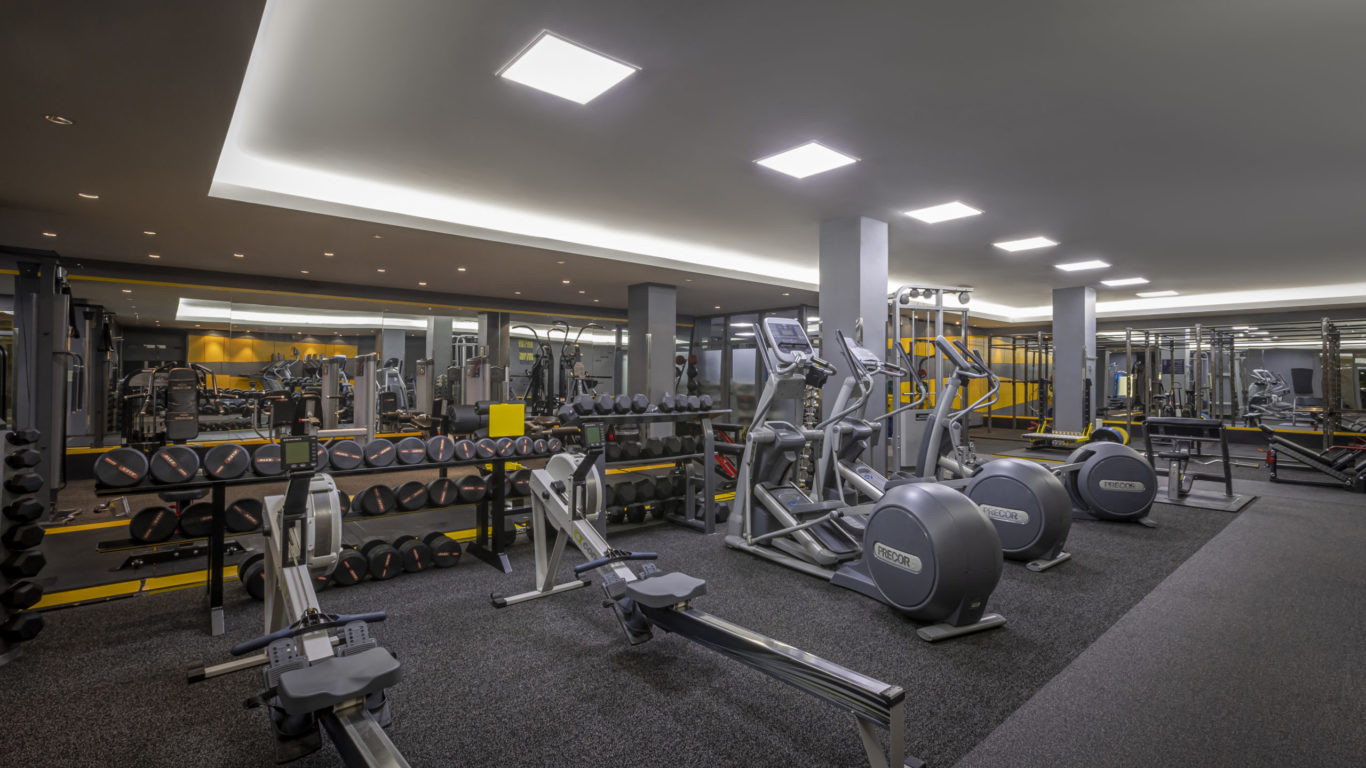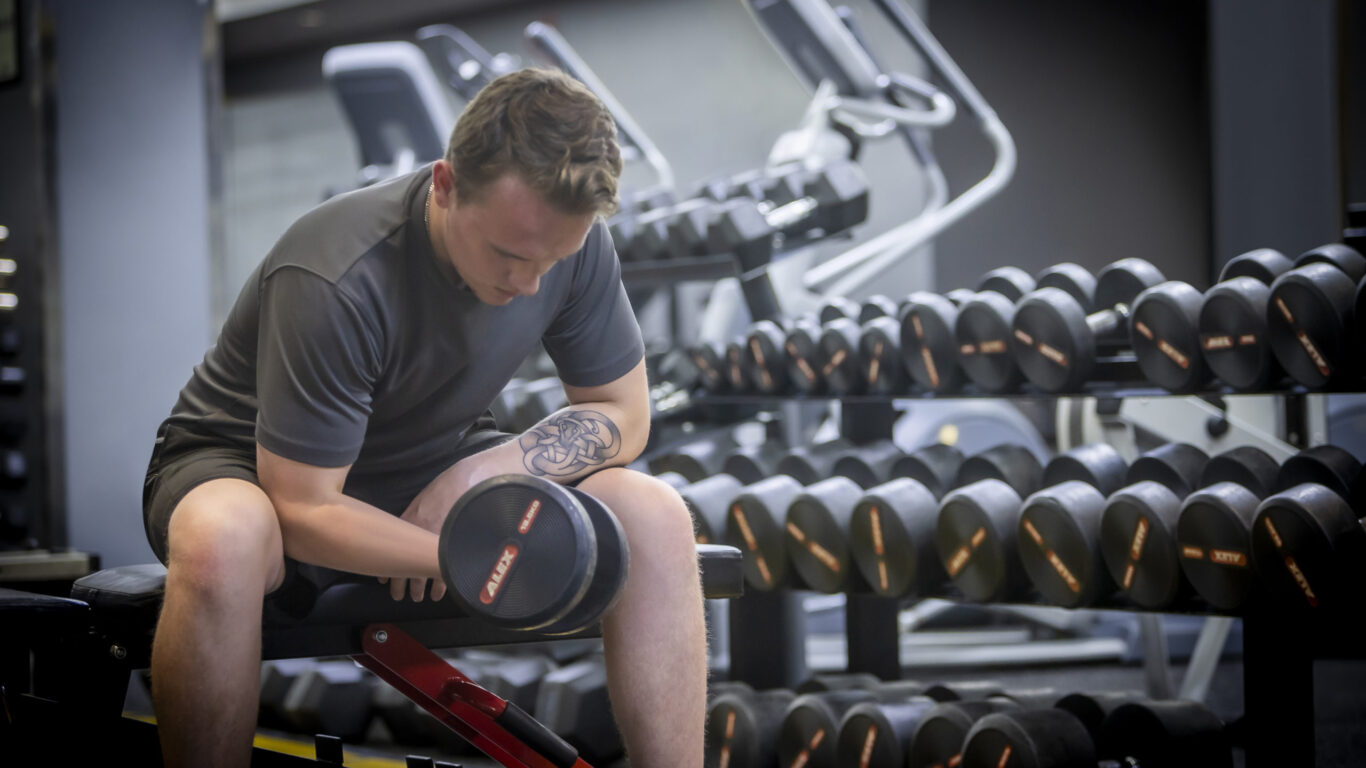Welcome to The Spencer Health Club
Dublin City Hotel with Pool, Gym & Day Spa
The Spencer Health Club boasts an 18-metre swimming pool and fully equipped gym for you to enjoy whilst staying with us. We welcome all levels of swimmers and have a family zone within the pool as well as a dedicated lane for lap swimmers. Our Gym offers a range of cardiovascular and resistance training equipment and is an adult only facility.
Health Club Facilities
Swimming Pool (18 metres long 1.3 metres deep), Fully equipped Gym, Steam Room, Sauna and Jacuzzi
Health Club Opening Hours
Monday to Friday: 6am – 9.30pm (pool closes at 9pm) | Weekends & Bank Holidays: 8am – 7.30pm (pool closes at 7pm)
Children Swimming Pool Hours
Monday – Friday: 9am – 12pm and 2pm – 6pm | Weekends & Bank Holidays: 9am – 6pm
Be Fit and Fabulous!
Free fitness classes on all memberships


Make an Enquiry
Please Note
Leisure & family swims, and Gym sessions no longer require bookings. Pool swimming lane bookings still must be made the day prior to arrival. Please call The Spencer Health Club on 01 433 8877 to book your preferred time to use our facilities.
Children’s swimming pool access hours may be subject to change during school holidays.
The Spencer Health Club is used by Members as well as Hotel Guests and may be busy throughout the day. Guests using the swimming pool must wear a swimming hat, these can be purchased for €3 from the Health Club reception if you do not have one with you. Towels are not provided however Hotel Guests can bring towels with them from their bedroom.
Gym access is restricted to Adults only.

Swimming Pool
The Spencer Health Club boasts an 18-metre swimming pool for you to enjoy whilst staying with us.
Learn More
Gym Facilities
A fully equipped gym including cardiovascular and resistance training equipment, ensuring you can get a great workout in while staying away from home.
Learn More
Memberships
We aim to have a membership that suits you, and for that reason we have created a variety of options, so you can enjoy the Spencer Health Club at your own pace.
Learn More
Viola Day Spa
Welcoming Hotel Guests and non-residents, the Viola Day Spa is located beside the Spencer Health Club.
Learn More
Class Timetable
Our fitness classes are varied and are suitable for members of all ages and fitness levels.
Learn More


